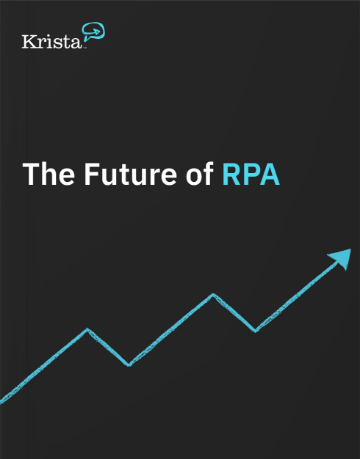
Chris Kraus
VP of Product
About the Author
Chris is a testing visionary who brings a unique set of credentials being an expert in test automation tools and best practices for both custom and packaged applications. Through the course of his 25+ years in technology, Chris has worked as an integration engineer, solution architect and product manager for leading software development companies.



